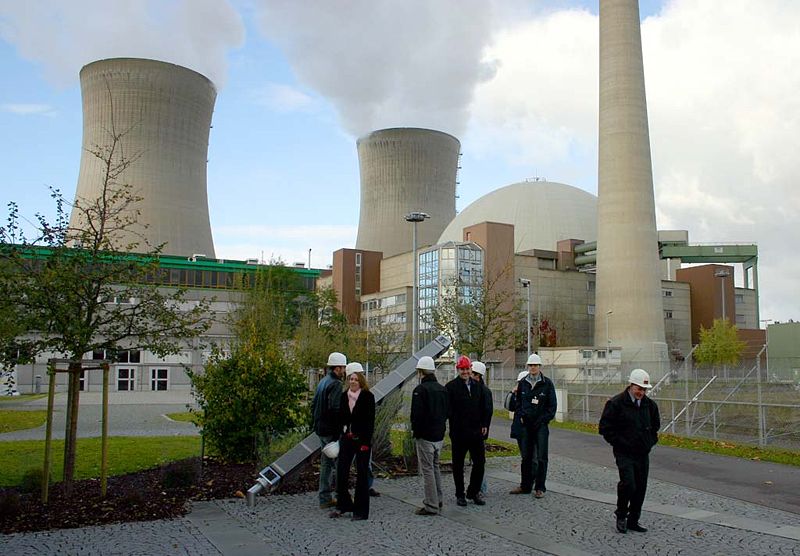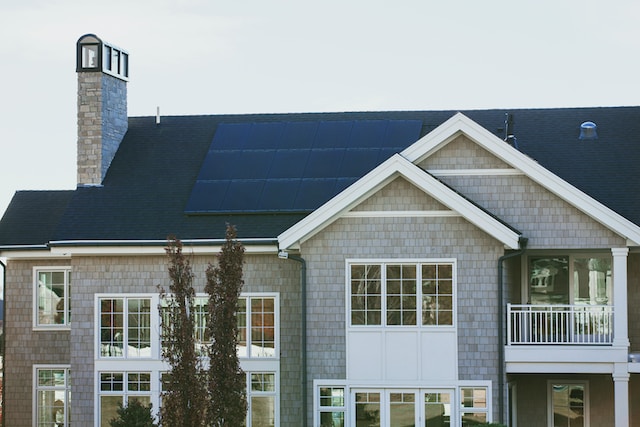Germany is Shutting Down its Nuclear Plants
While Germany now has a center-left government and a new chancellor, some policies of the previous regime remain on course. As the world enters 2022, Germany bade goodbye to three of its nuclear plants still operating.
On December 31, 2021, three nuclear plants — the Brokdorf, Grohnde, Gundremmingen — got decommissioned. With this, Germany’s nuclear plant phase-out entered its penultimate phase. The remaining three nuclear plants — Neckarwestheim Emsland, and Isar — are slated for a shutdown by the end of 2022.
Nuclear energy is not something new
It has been around for several decades since it is not only scalable but also allows us to further use radioactive waste. All the same, nuclear power plants can cause serious damage in the event of an accident. Take, for instance, the Fukushima disaster in 2011. It forced over 150,000 people to evacuate the area. As a matter of fact, it was this nuclear accident that convinced then Chancellor Angela Merkel to completely phase out the country’s nuclear plants.
Germany, however, is not the only European country to take this drastic step
Several of its neighbors have already decommissioned their nuclear plants, and a few others have announced to do the same in the future. In contrast, some other European countries, like France, plan to continue using nuclear reactors.
Both sides argue their preferred energy source is more sustainable. Although the jury is still out, one thing is certain: Germany will not have a single working nuclear reactor by the end of 2022.







